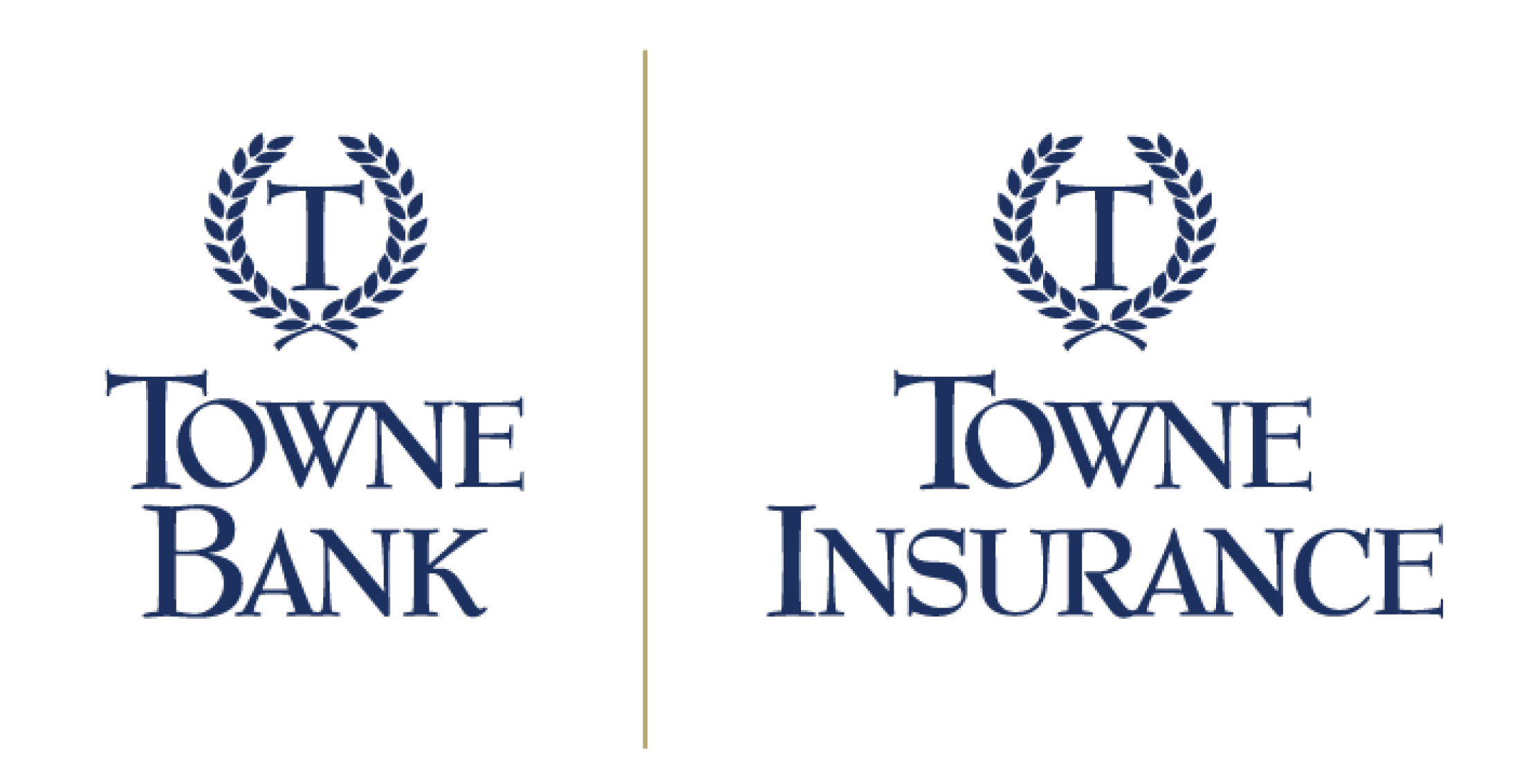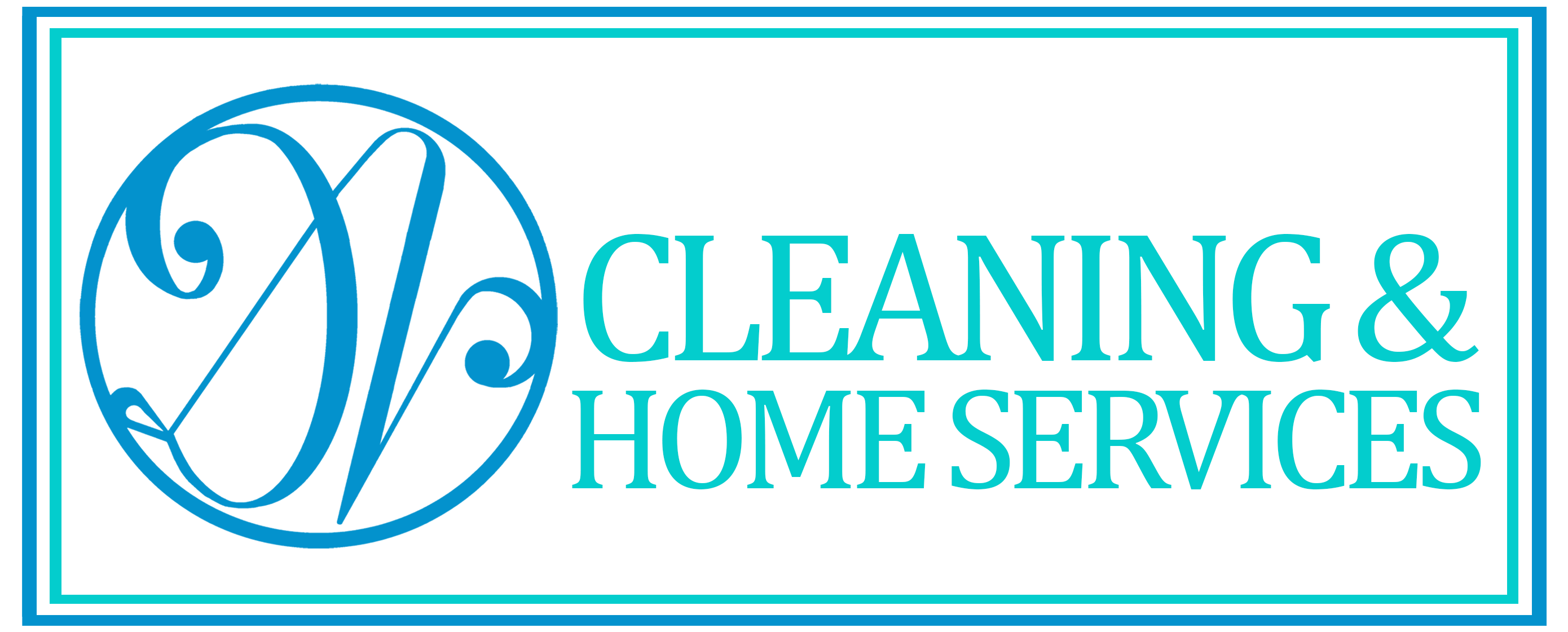By Clark Twiddy
President, Twiddy & Company
President, Twiddy & Company
“How we think is as important as what we think--meaning less risk around the future and a higher probability of success.”
We all value business experience, and yet at the same time, very few, if any of us, can define what it is measurably. It’s not an inability to make mistakes, as our human condition guarantees that. It’s not the sum of knowledge either, as the more experience we seem to get, the less we seem to know.
What does research suggest that it is?
Simply put, Gary Klein’s research on how people make decisions suggests that experience is the ability to see the invisible in two primary ways: 1) the ability to compare pattern matching with past examples and future expectancies and 2) mental simulations around different outcomes.
What’s a mental simulation, you may ask? More practically, it’s storytelling, and those stories are the ways we can make knowledge available again to ourselves and others.
For business applications, experience may be best measured in simple conversations around what to expect in future outcomes and, critically, how we came to fashion those expectations. For example, experience may detect either patterns or anomalies (what’s missing) that newness does not see. In other words, how we think is as important as what we think--meaning less risk around the future and a higher probability of success.


























